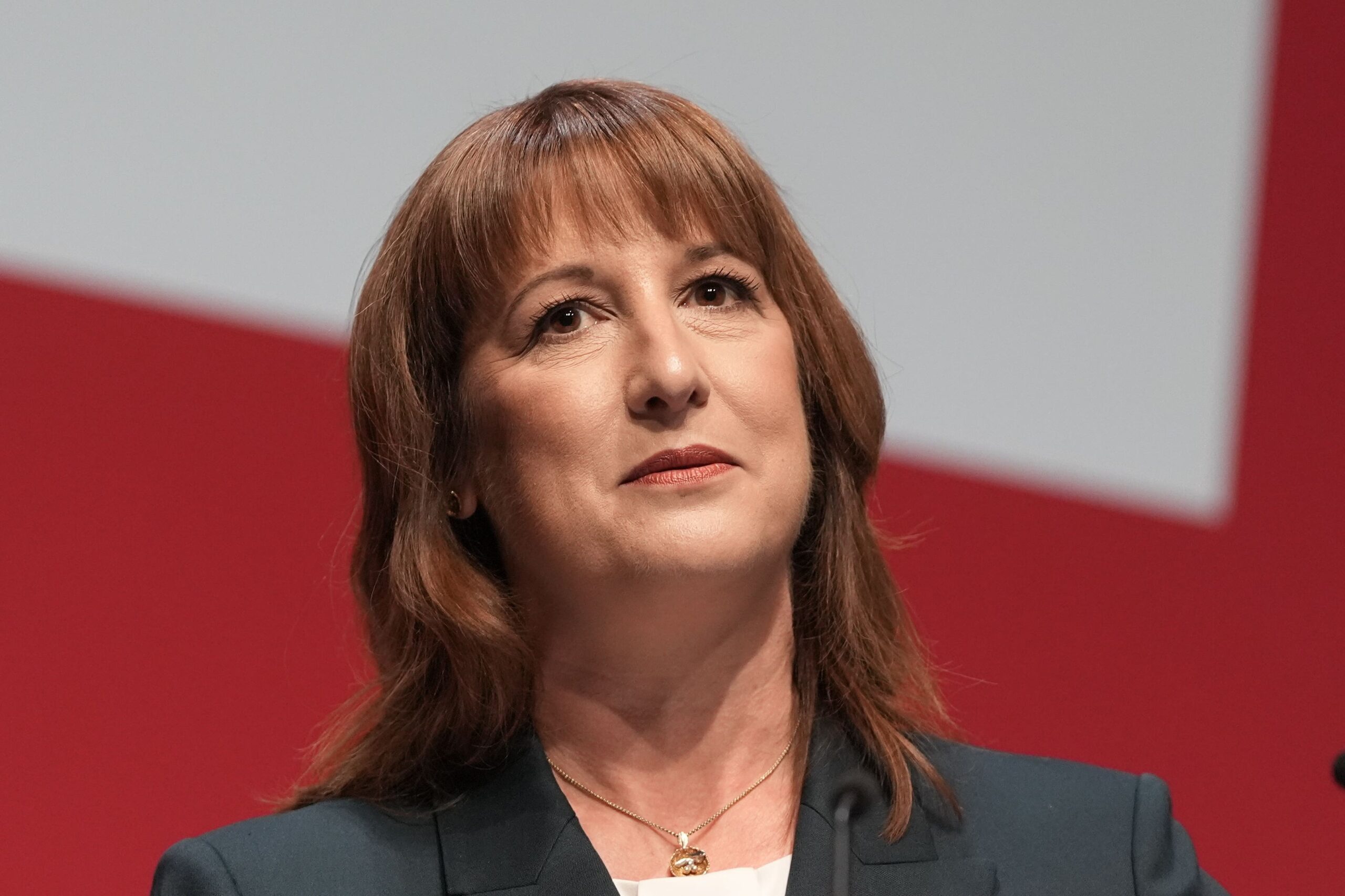With Labour’s second autumn Budget fast approaching, speculation about further tax rises has grown rife.
The chancellor may need to find at least £22bn next month, pre-Budget research from the respected Institute for Fiscal Studies (IFS) found, as rising borrowing costs and weak growth forecasts drastically reduce her room for manoeuvre.
Making matters more tricky for the Treasury is Labour’s continued commitment not to raise taxes on “working people” – meaning no increase to the headline rates of income tax, VAT or national insurance contributions.
With these three largest bases of tax revenue closed off, the chancellor has fewer places to look to raise revenue, making it more likely she will pick from a diverse range of taxation tweaks.
Changes to how property and capital gains are taxed have now been forecast by many economists, but some have also predicted that changes to pension policy could make an appearance.

Speaking in September, pensions minister Torsten Bell appeared to push back against the idea, saying: “We should always be looking ahead with pension policy.”
“If you ever find yourself tweaking a pension policy to try and fix a problem that’s happening right now, then you’re in the wrong business,” the MP told the Social Market Foundation’s pensions conference.
However, the former Resolution Foundation chief – who is also part of the chancellor’s Treasury team – stopped short of ruling out any policies, instead refusing to comment on Budget speculation.
A major change to pension policy also featured in last year’s Budget, when it was announced that defined contribution pensions would be subject to inheritance tax for the first time from April 2027.
Budget uncertainty changes pension saver plans
The uncertainty around the future of the pensions landscape has now had a knock-on effect on savers, providers are warning, as many rush to change their plans to get ahead of speculated tweaks.
Data from the Financial Conduct Authority shows that pension withdrawals were up by 36 per cent in 2024/25, rising from £52.2bn to £70.9bn.

Investment platform AJ Bell agrees that it has seen pension savers adjusting their plans due to Budget speculation, and has launched a petition calling on the government to introduce a Pension Tax Lock – a commitment not to reduce the amount people can withdraw from their pension tax-free or the amount of tax relief given on pension contributions
Tom Selby, AJ Bell’s director of public policy, said: “The constant speculation about the future of pension tax incentives damages people’s confidence in saving for retirement. Why should I lock my money up for decades if there is a risk the goalposts will be moved?”
With the chancellor’s final decision remaining uncertain, here are the most likely options should she choose to take aim at pensions:
Cutting higher rates of tax relief
Pension tax relief effectively boosts savers’ contributions with a top-up from HMRC.
Savers who pay basic rate tax get a 20 per cent boost to their pension contributions, while higher rate taxpayers get 40 per cent, and additional rate earners get 45.
The scheme effectively ensures that no tax is paid on pension contributions. It is designed to encourage people to save more for retirement, as income that would be taxed as wages can instead go virtually untaxed as pension deposits.

The proposal would see this relief cut back for high earners, meaning everyone gets pension tax relief at a flat rate of 20 per cent, regardless of their income tax bracket.
A report from the IFS last year found that this would create £15bn more a year for the Exchequer, “the vast majority of which would come from those who are in the top fifth of earners”.
Abolish or cap 25 per cent tax-free lump sum
Under current rules, people take a quarter of their private pension tax-free, up to a maximum of £268,275.
The estimated annual cost of this is £5.5bn, with 70 per cent of the relief going to pensions accumulated by those in the top fifth of earners, the IFS has previously found.
This could be changed, the influential think tank added, with the amount capped closer to £100,000. This could pull back around £2bn a year, researchers found, “with losses concentrated among the relatively wealthy”.
Either of these options may wash well with the chancellor, who told The Guardian on Wednesday that tax rises on the wealthy would be “part of the story” at the Budget, after previously ruling out a mooted wealth tax.
However, pensions minister Steve Webb warned last month that both of these policy changes would adversely affect public sector workers and likely be very politically damaging.
